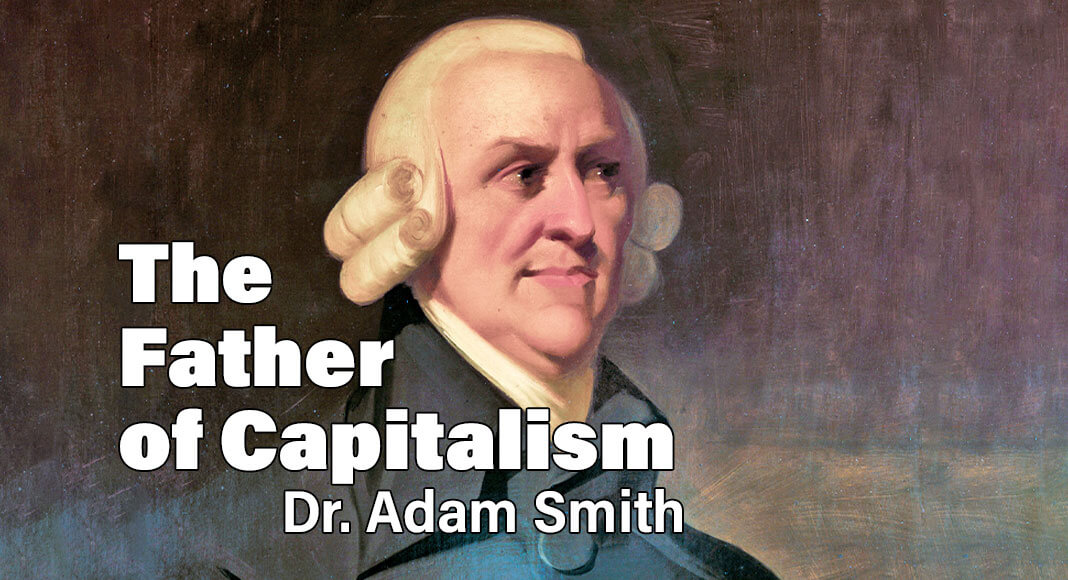
Texas Border Business
It’s Adam Smith’s 300th birthday (June 5th, 16th, or 18th, depending on the calendar that you choose)! He was one of history’s most influential thinkers, basically articulating the framework of capitalism. It’s a moment worthy of reflection.
A brilliant Scottish philosopher who lived with his mother and was notoriously absent-minded, Smith set forth many of his fundamental ideas in An Inquiry into the Nature and Causes of the Wealth of Nations in 1776. It is an incredibly laborious tome to absorb, but an instant best-seller when published. It conceptualized the market as an “Invisible Hand” guiding the decisions of producers, workers, and other economic actors based on self-interest yet producing optimal social outcomes.
There have been notable refinements to the framework over time, such as introducing the concept of comparative advantage in the early 1800s, identifying the importance of marginal decisions (those based on the last unit consumed or produced) in the 1870s, graphically depicting market phenomena in 1890, incorporating the actions of others through game theory in the 1950s, and an increasing focus of late on expectations and dynamics. Nonetheless, the core principles promulgated in 1776 remain profoundly impactful not only on the United States but other nations around the globe.
Smith’s ideas were influenced by philosophers such as John Locke and the natural law sentiment of the day, as well as the belief in “natural rights” – life, liberty, and property – which prescribed a relatively restrained role for government. He applied such ideas to markets and the economy in a more systematic manner than his predecessors.
Thomas Jefferson spent much of the 1780s in Europe and became familiar with Smith’s work, which had a profound role in the unique establishment of the United States as not only a democracy but also an economy based largely on capitalism. (I’ve been privileged to hold both of Jefferson’s copies of Wealth of Nations.)
Smith is generally associated with “laissez faire” and the belief in very limited government (the Texas translation is “let the fur fly!”). In reality, he recognized that there were shortcomings in the capitalist approach and a legitimate and necessary role for the public sector. He essentially viewed a market-based economy as one that would work well (but not perfectly), and he was right on both fronts.
Though written at the dawn of the American Revolution (which he described as the “present disturbances”), Smith’s framework has had an enormous and continuing impact. The US economy is the primary example, having generated more opportunities and innovations than any other. While we must constantly strive to make it better and more accessible for everyone, the system that he set forth is profoundly significant and an enduring legacy. Happy Tricentennial, Dr. Smith! Stay safe!
_____________________________
Dr. M. Ray Perryman is President and Chief Executive Officer of The Perryman Group (www.perrymangroup.com), which has served the needs of over 3,000 clients over the past four decades.















